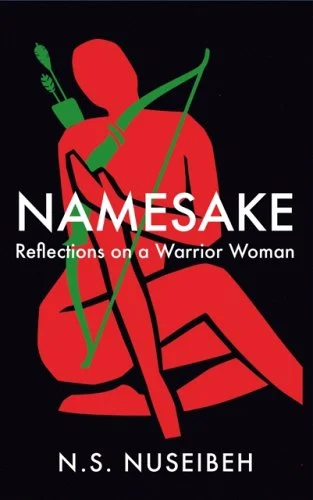
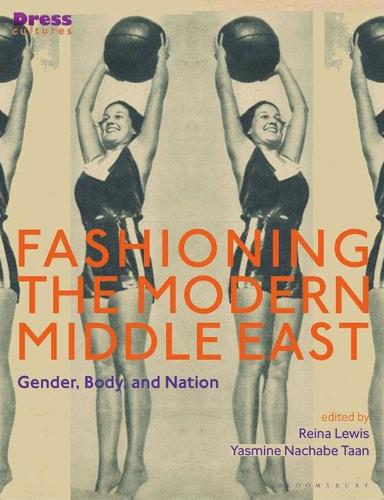
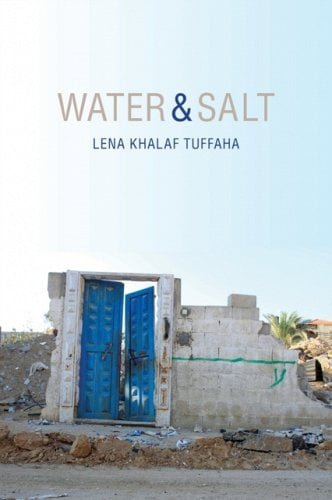
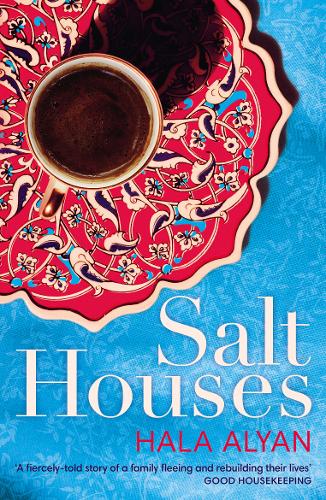
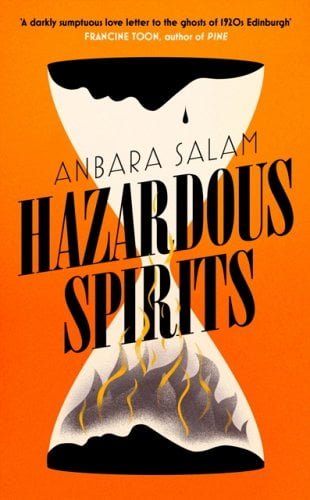
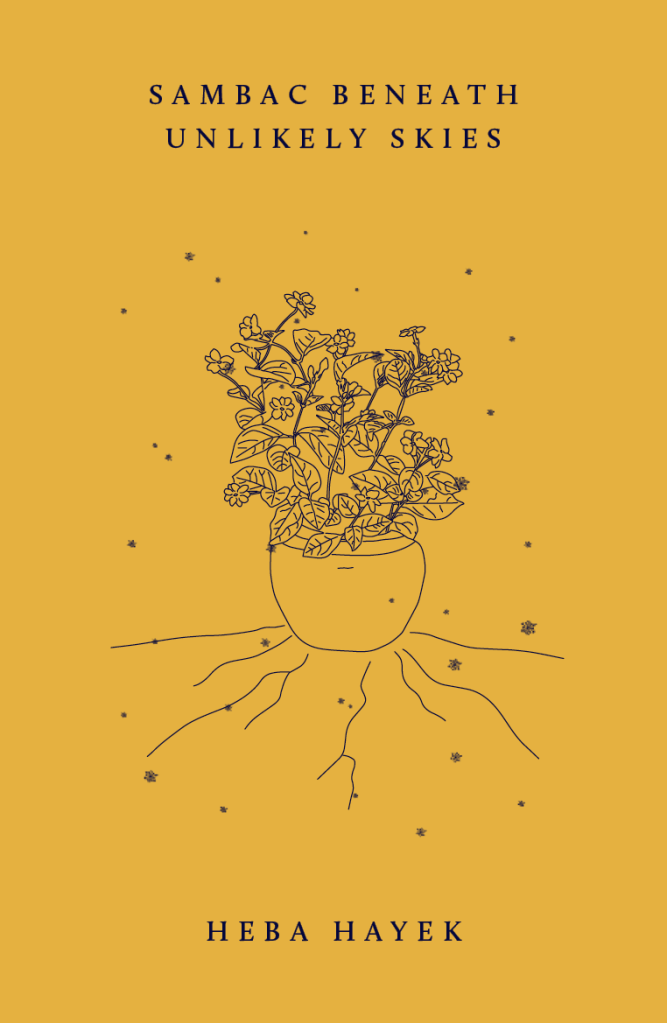
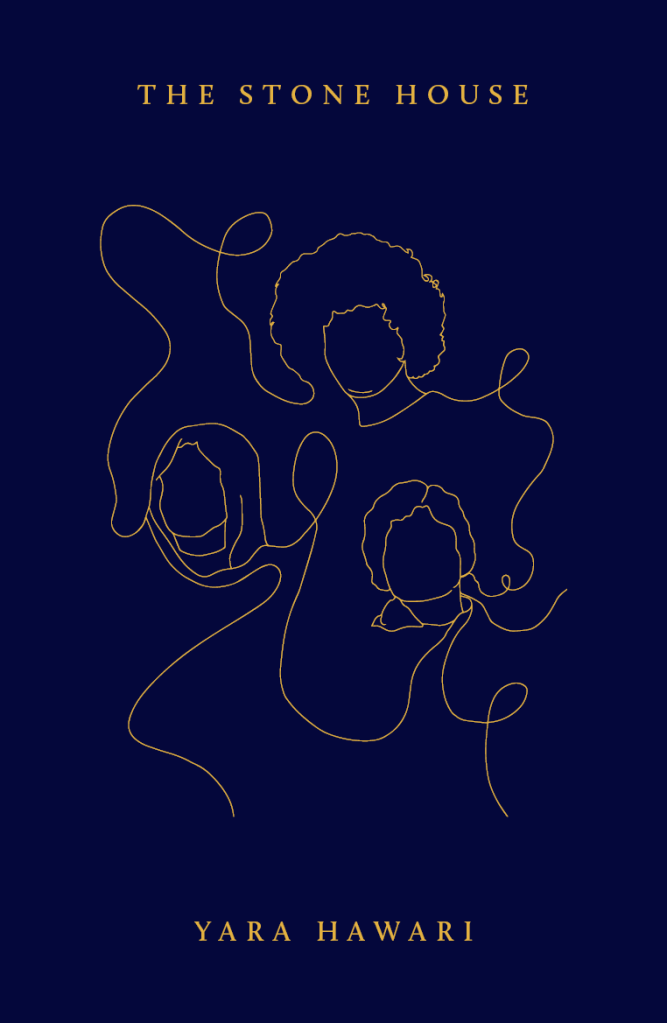
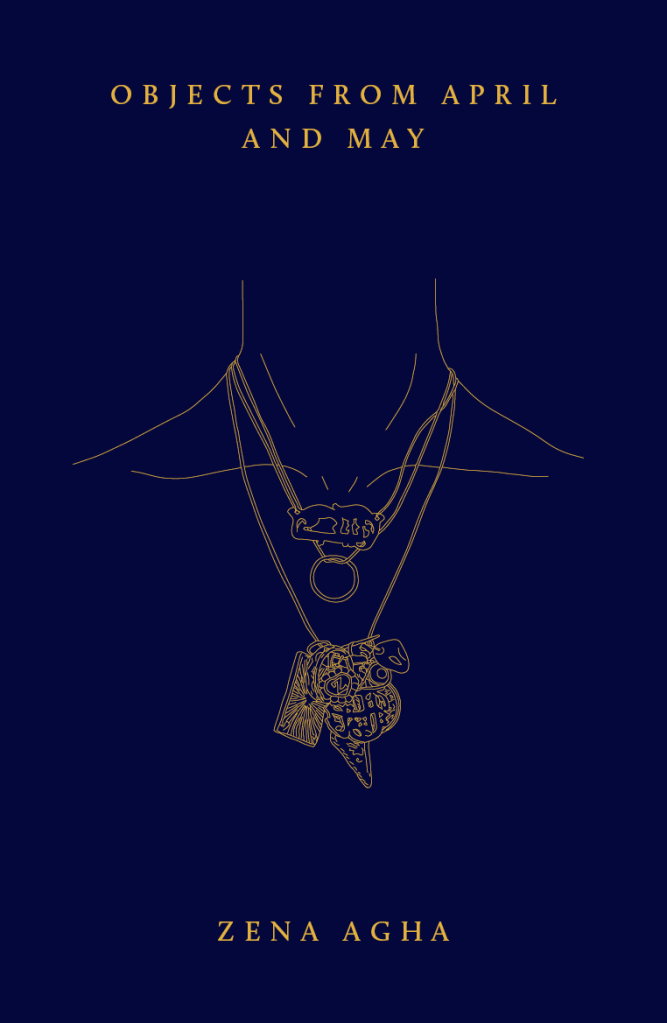
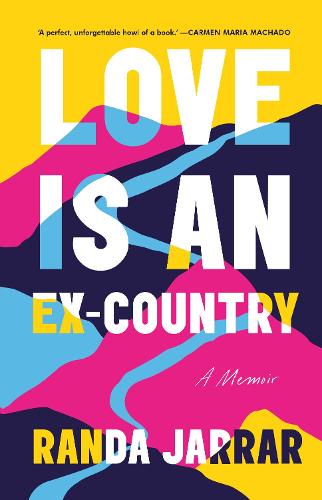
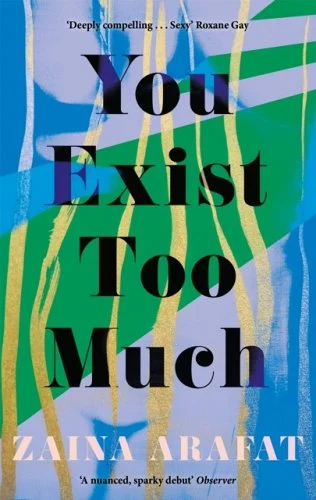
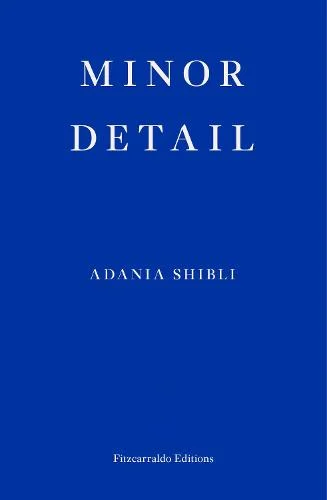
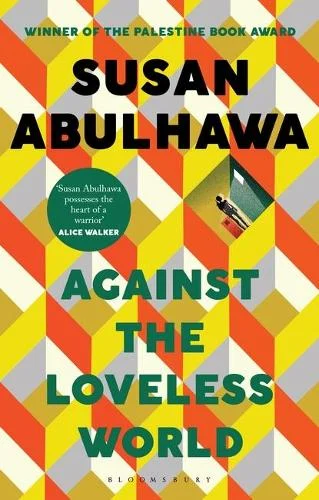
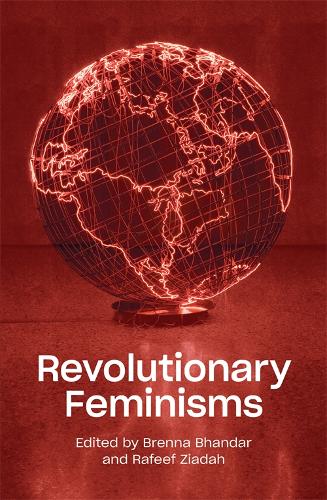
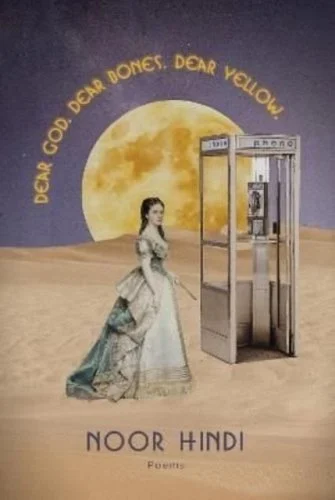
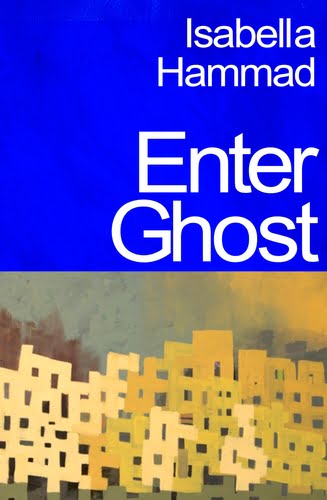
International Women’s Day celebrates all of the achievements by women, but more importantly, shines a light on the most underrepresented. Held on March 8, this year the campaign aims to ‘inspire inclusion,’ at a time when the marginalised are being sidelined. In this vein, we take a look at the wonderful works of Palestinian women, as they experience the “darkest days in the history of the nation.“
Acting Palestinian Prime Minister Mohammad Shtayyeh has said on Thursday (March 7), that at least 9,000 women have died since the October 7 Hamas attack on Israel.
Read: World Book Day: children’s books by Palestinian authors
“We remind the celebrants of this anniversary around the world and those praising women’s rights that in Palestine, there are 9,000 martyred women in addition to tens of thousands of injured, orphaned, and nearly a million displaced, and hundreds of detainees,” said Shtayyeh.
“Let the Palestinian woman live on March 8 every day, with freedom, dignity, national independence, security, and safety, and let the double standards and the use of different measures fall,” he added. UN Special Rapporteur on violence against women and girls Reem Alsalem described the violence against women “relentless and particularly alarming.”
At How To Be Books, we reached out to grassroots activists supporting Palestinian civilians, to ask them about their favourite books by Palestinian women authors.
Books by Palestinian women authors
- Namesake by NS Nuseibeh. Author N.S. Nuseibeh traces her lineage to the renowned Nusayba bint Ka’ab al Khazrajia, a formidable figure who battled alongside Prophet Muhammad during the early days of Islam. Her exploration encompasses the journey of Arab women through time, from ancient heroism and the romanticisation of combat to the contemporary emergence of Arab feminist movements.
- Fashioning the Modern Middle East by Yasmine Nachabe Taan. While Taan is Lebanese, her book has a “great chapter on gender nonconforming people (specifically women and possibly transmasculine people) in 1920s Palestine and Lebanon,” says one individual. These essays unveil contemporary struggles over nation, gender, modernity and post-modernity.
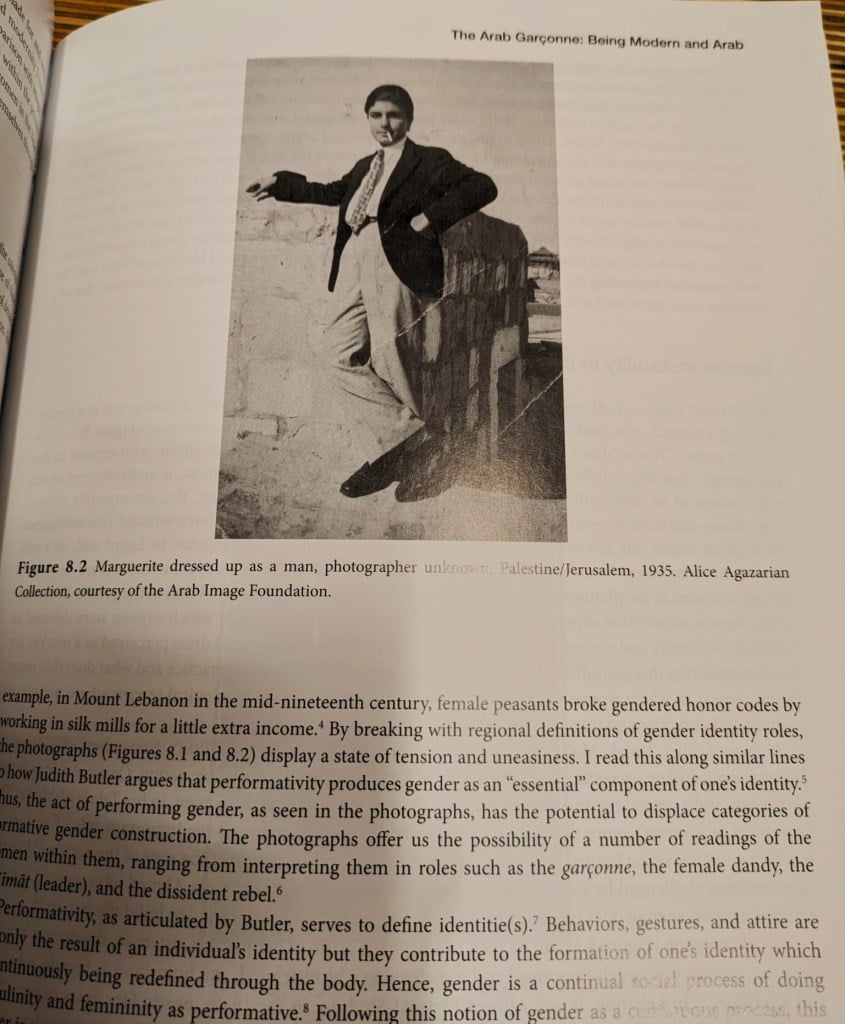
- Water & Salt by Lena Khalaf Tuffaha. This debut collection by the Palestinian-American poet sings in the voices of people ravaged by cycles of war and news coverage. The work won the 2018 Washington State Book Award for Poetry. We were informed that Tuffaha has a new book coming out this year called “Something About Living,” published by The University of Akron Press on April 2.
- Salt Houses by Hala Alyan. Poignant and deeply moving, “Salt Houses” emerges as an exceptional debut novel, providing fresh perspectives and deeply humanising insights into a longstanding conflict that many assume they fully understand. The Palestinian-American writer has a poetry collection coming out this year called “The Moon That Turns You Back,” published by HarperCollins Publishers Inc. on April 11.
Read: Hiba Kamal Abu Nada: Palestinian poet killed in Gaza
- Hazardous Spirits by Anbara Salam. A special mention about Salam’s exquisite Caledonian gothic novel, set in 1920s Edinburgh. The author, who has written three books, is half-Palestinian and half-Scottish. She writes about a variety of subjects, from Italian coming-of-age stories to darkly comic tales set in the jungles of the South Pacific.
- Sambac Beneath Unlikely Skies by Heba Hayek. Published by Hajar Press, these are collected remembrances of a childhood in Gaza by a woman far from Palestine’s sun and sea.
- The Stone House by Yara Hawari. Palestinian writer and political commentator Hawari examines the story of Mahmoud, a young Palestinian boy living in Galilee, who embarks on a school trip to visit the West Bank for the first time.
- Objects from April and May by Zena Agha. Objects from April and May is a rumination on the sanctity and significance of cherished possessions.
- Love is an Ex-Country by Randa Jarrar. As a queer, Muslim, Arab American, and a self-identified proud plus-size woman, Randa Jarrar embodies these identities. Her provocative memoir delves into finding joy amid a challenging and unwelcoming world.
- You Exist Too Much by Zaina Arafat. Narrated through vignettes that alternate between the US and the Middle East, Arafat’s compelling debut novel follows the journey of her protagonist from a shy teenager to a creative and perplexed adult.
Read: Frankfurt Book Fair: open letter supports cancelled Adania Shibli
- Enter Ghost by Isabella Hammad. Hammad’s eagerly awaited second novel, characterised by its timeliness, thoughtfulness, and passion, beautifully narrates the profound connections found in family ties and collective resistance.
- Minor Detail by Adania Shibli. A profound reflection on war, violence, and memory, “Minor Detail” delves deeply into the core of the Palestinian struggle, encapsulating the experiences of displacement, life amidst occupation, and the enduring challenge of reconstructing a story amidst continuous obliteration and disenfranchisement.
- Against the Loveless World by Susan Abulhawa. The Palestinian-American writer and human rights activist whose debut novel, Mornings in Jenin, became an international bestseller in 2010, writes this emotional and stark view into the world of Nahr, a Palestinian refugee.
- Revolutionary Feminisms: Conversations on Collective Action and Radical Thought by Rateef Ziadah. Amid escalating authoritarianism, the climate emergency, and increasingly predatory neoliberal capitalism, the demand for transformative frameworks of thought and action is both critical and immediate. Bhandar and Ziadah offer an in-depth exploration, via interviews with leading revolutionary thinkers, of how embracing anti-racist, anti-capitalist feminisms is essential for forging powerful political alliances.
- DEAR GOD. DEAR BONES. DEAR YELLOW by Noor Hindi. Formally and lyrically intricate, dynamic, and groundbreaking, “Dear God. Dear Bones. Dear Yellow.” scrutinises, overturns, and broadens the scope of political poetry and linguistic activism, showcasing its complexity, dynamism, and innovation.
This is not an exhaustive list, but it provides a wonderful opportunity to explore books by Palestinian women authors and the vast range and depth they contribute to the world of literature.
This article contains affiliate links via Bookshop.org in which we may receive a small commission at no extra cost to you, in order to support local bookshops. We have not been commissioned to review books and services.
[…] of March, highlighting serious parallel issues such as the cost of living crisis and the plight of marginalised women. Hence, looking at the data, we’re asking whether there are enough women of colour being […]
[…] Read: International Women’s Day: books by Palestinian women authors […]